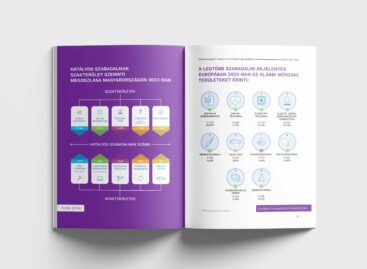The current clothing industry is not sustainable, prices are coming
The EU is working on regulations that would oblige fashion companies to collect more used clothes or pay a fee for waste management. As part of this, the EU hopes that 85 percent of discarded clothing will not end up in landfills.

The European Union has set itself the goal of achieving climate protection goals, and for this purpose it is planning to introduce regulations against clothes made of cheap plastic materials, which cause a lot of waste. They see the current clothing industry as unsustainable and point out that cheap polyester products such as clothes from Primark, Boohoo and Shein produce significant amounts of waste.
In terms of its environmental footprint, the clothing industry contributes significantly to the amount of wastewater and greenhouse gas emissions. Approximately 92 million tons of textiles end up in landfills each year, and this amount is expected to reach 134 million per year by 2030. The increase in the demand for more sustainable fashion can be facilitated by the commitment to the education of fashion designers, as well as the precise definition and regulation of sustainable fashion.
Related news
Collective layoffs announced at two clothing companies in Székely
🎧 Hallgasd a cikket: Lejátszás Szünet Folytatás Leállítás Nyelv: Auto…
Read more >The new publication of the Hungarian Institute of Industrial Economics, supporting SMEs, focuses on the circular economy
🎧 Hallgasd a cikket: Lejátszás Szünet Folytatás Leállítás Nyelv: Auto…
Read more >Related news
Davos 2026: the risk premium has appeared on store shelves
🎧 Hallgasd a cikket: Lejátszás Szünet Folytatás Leállítás Nyelv: Auto…
Read more >Fewer employers plan to raise wages this year than last year
🎧 Hallgasd a cikket: Lejátszás Szünet Folytatás Leállítás Nyelv: Auto…
Read more >









